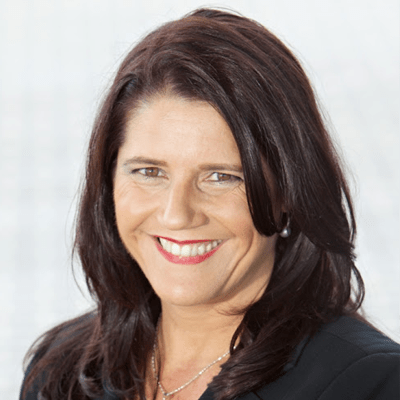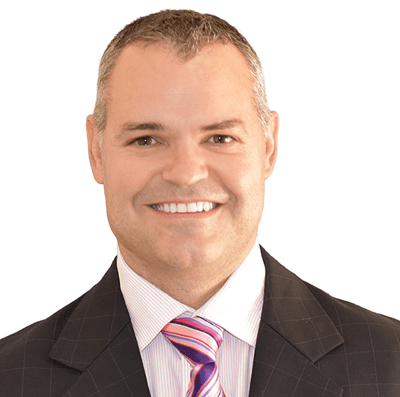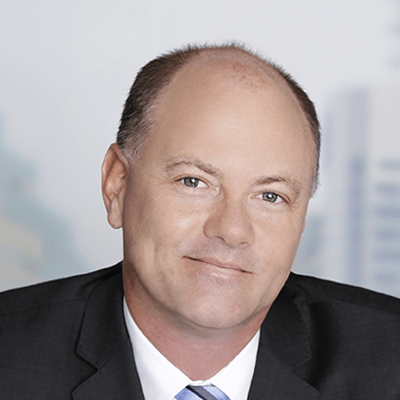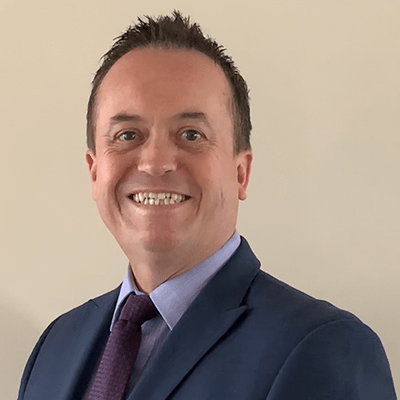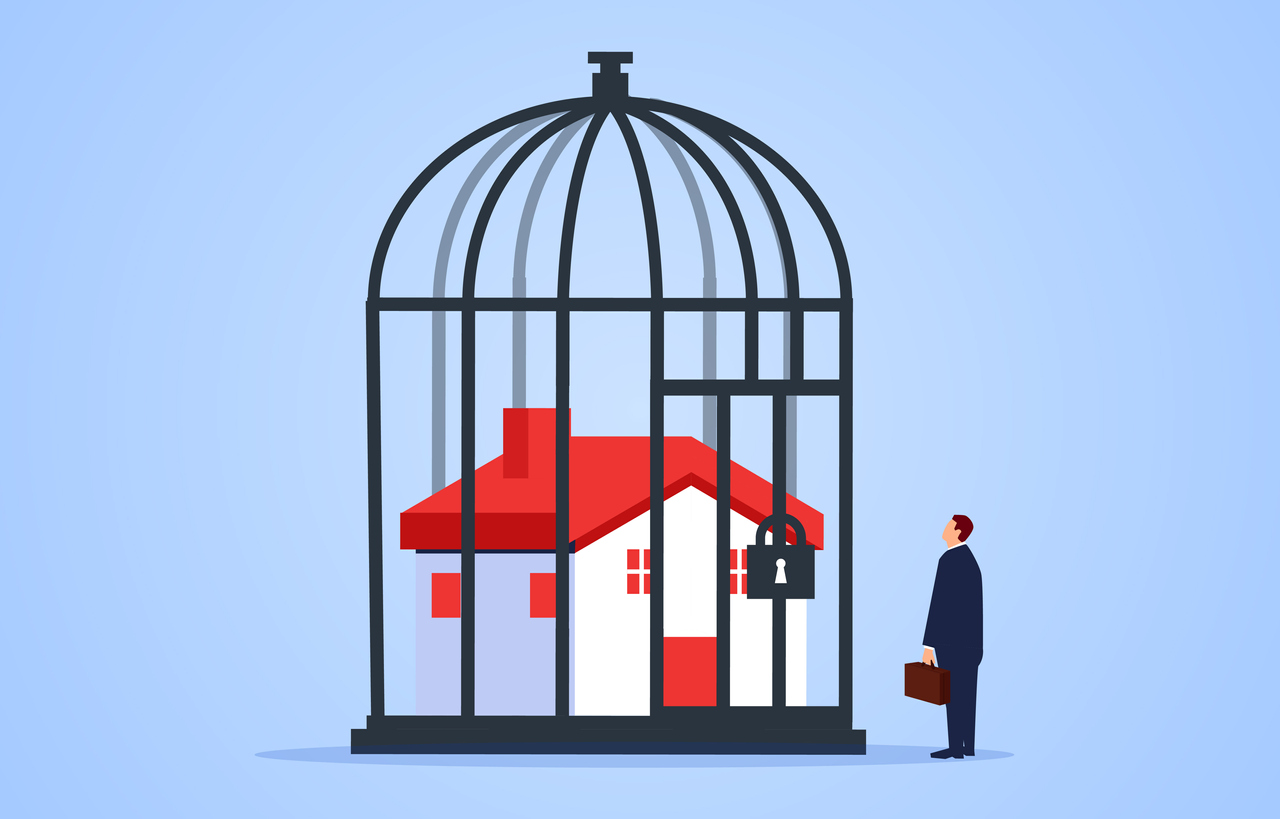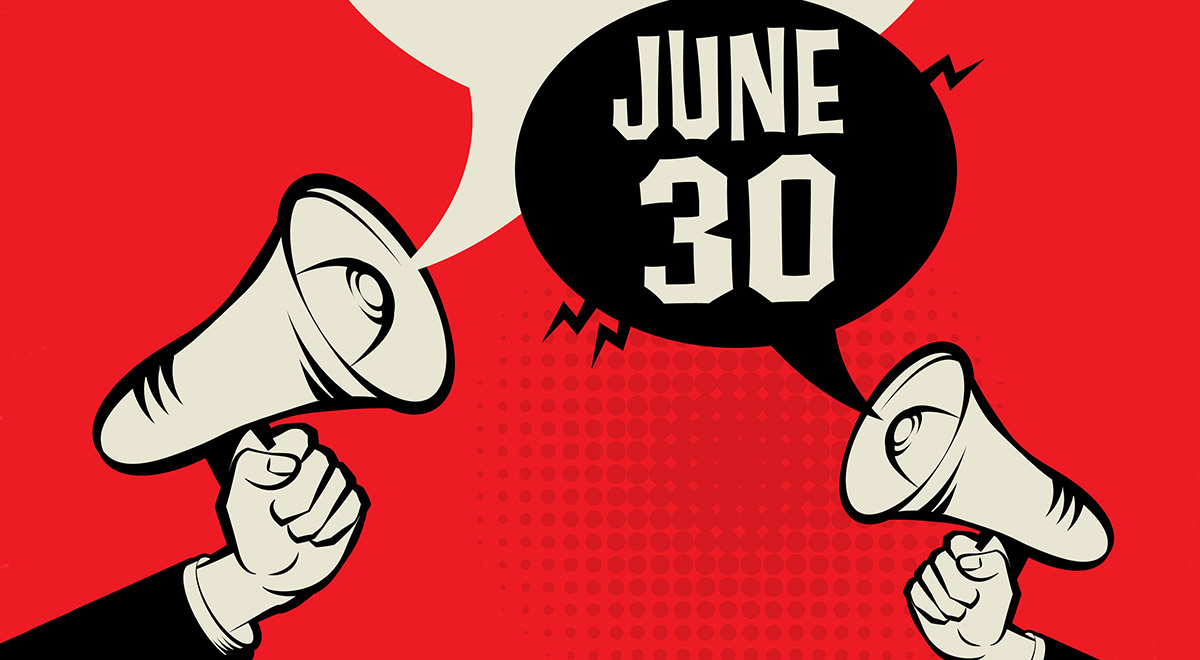
Hurry to bag these EOFY savings for your business
It’s nearly the end of the financial year, so over the next two weeks you should be doing everything you can to minimise your tax liability.
Here are a few steps you can take before June 30 to maximise your tax refund or reduce the amount of tax you pay this year.
Make any business-related purchases
The instant asset write-off has increased from $30,000 to $150,000 for each asset purchased and installed between March 12 and June 30 this year (anything purchased before March 12 must still be under $30,000) so get out that shopping list before EOFY. The same idea applies to making any repairs and paying for business-related education and travel – if you can, pay for it before June 30 and claim it as a tax deduction. It shouldn’t need to be said, but if you don’t need it, don’t buy it just to claim a deduction.
Defer income
If you can delay invoicing so you get paid after June 30, you won’t have to pay tax on that amount until next financial year. This is particularly valuable if you’re on the edge of a tax bracket (https://www.ato.gov.au/rates/individual-income-tax-rates/) or if you expect to earn less next financial year than this (with all the COVID uncertainty, many of us will expect that to be the case). However, if you’re firmly in the middle of a bracket or you expect to earn more next year, send out those invoices stat. At the same time, if it’s possible, arrange to receive investment income, such as interest on term deposits, and capital gains on the sale of assets after June 30.
Check for capital losses
If you have made capital gains (money earned on the sale of investments), you can offset them with capital losses (money lost on investments). But remember, capital losses can be carried forward into future years, so if you haven’t made any capital losses this year (lucky you!), look back over past records to see if you’ve made any capital losses that haven’t yet been offset against capital gains and use them.
Contribute to your super
Concessional contributions are payments made into your super fund before tax, including all employer contributions and salary sacrifice payments, which is then taxed at just 15% – a very tax friendly way of saving for your future. The maximum you can contribute to your super at that rate is $25,000 per year, so if you haven’t hit that yet and you have some spare cash on hand this year, contribute it into your super ASAP – it needs to be received and processed by June 30. Don’t forget to fill out the necessary forms too.
Make a donation
If there’s a cause you feel strongly about, now is the time to send them money. Donations of $2 or more can be claimed as tax deductions, though you’ll need a receipt for donations of more than $10.
Get your log book up to date
If you plan to claim personal vehicle expenses, you must keep an accurate log book of your travel for 12 continuous weeks throughout the year and keep all receipts. Alternative methods are to claim up to 5,000 business-related kilometres based on a reasonable estimate at $0.68 per kilometre, or to claim actual costs, which relies on accurate receipt tracking. The method you use will depend on your business structure and the type of vehicle you’re claiming for.
Have your investment property valued
If you own a rental property, arrange for a property depreciation report to be done. This allows you to claim the maximum depreciation and building write-off deductions on your property.
Calculate your WFH hours and choose your method
Due to the increase in the number of people working from home, the ATO created a simpler way to calculate expenses for the period March 1 to June 30, with a simple $0.80 per hour worked. Alternatively, you can continue to use the fixed rate method or the actual cost method. Since the method you use is up to you, it’s worth doing some maths to decide which one will get you the best tax return. And whichever way you choose you must keep a record and any relevant receipts.
Prepay business expenses
If you’ve earned more this year than you think you will next year and you have some spare cash on hand, you can reduce your tax liability for this financial by prepaying business expenses for future years. These payments must meet prepayment rules laid out by the ATO.
Get a great accountant
If tax time gives you the heebie jeebies, it may be worth it to you to find a great accountant. You’ll still need to keep all your own records and receipts, but a professional tax accountant can really take the pressure off. Plus, their fees are tax deductible!






